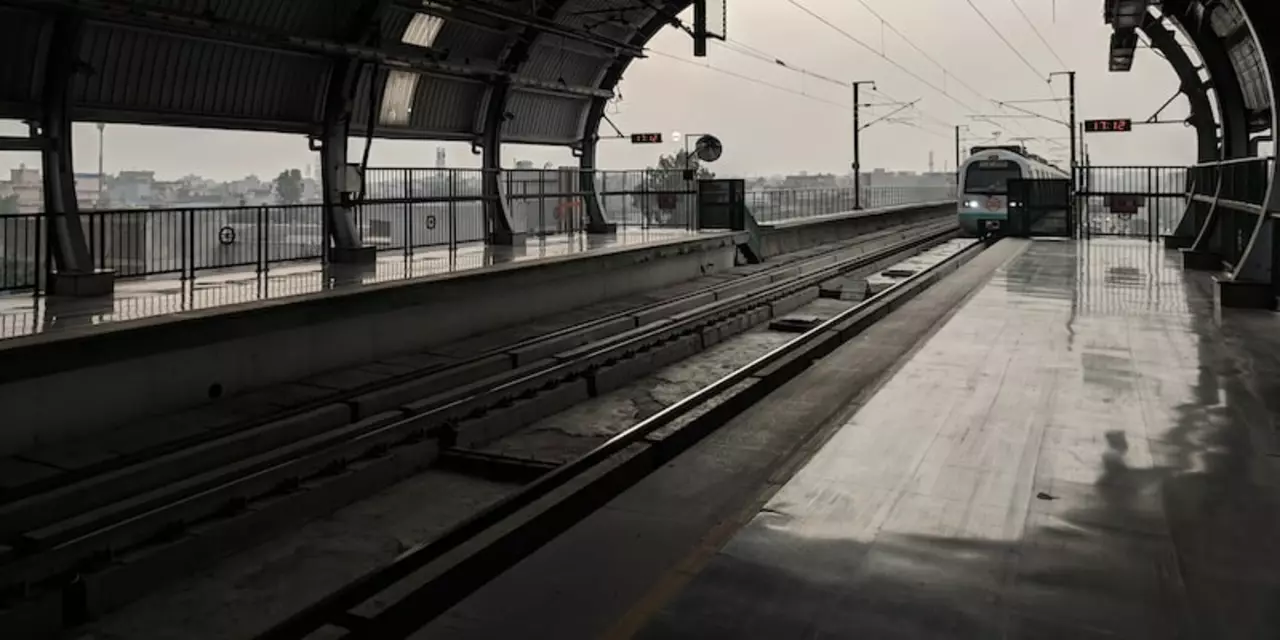News/Current Events — Delhi stabbing: rumors, facts and what you should do
A stabbing in Delhi sparked fast-moving messages that named the suspects and tied the crime to a religion. That story turned out to be wrong. Police identified four accused minors from northeast Delhi slums and confirmed none of them are Muslim. But once a false claim spreads, damage happens quickly.
Why these rumors spread so fast
People forward shocking news because it grabs attention. Add a communal angle and emotions spike — anger, fear, a desire to “do something.” Social media rewards outrage with shares and comments, so misleading posts spread faster than corrections. The result? Tensions rise, innocent communities get blamed, and investigations get complicated.
Also, images or short messages that lack sources look urgent and believable. Someone might attach an old photo or a name that sounds familiar. That small detail is often enough for people to accept the claim without checking.
Practical steps to check a story before sharing
Want to stop rumors in their tracks? Try this quick checklist before you hit forward: first, look for an official source — Delhi Police updates, reputable national papers, or a named local reporter. If the post has no source, don’t share it. Second, check timestamps and reverse-image-search any photos. Third, see if multiple trusted outlets report the same facts. If only unknown pages are circulating a claim, treat it as unverified.
If you still aren’t sure, pause. Ask yourself: will sharing this calm people or cause panic? If it risks harm, don’t share. You can instead share official updates or say the information is unverified and point people to the police statement.
What about comments or chats from friends? It’s okay to ask for proof. A simple question — "Where did you get this?" — slows the chain and helps stop false content from spreading.
False rumors have consequences. They can trigger communal fights, put minors at risk, and derail police work. In this case, labeling the accused incorrectly led to communal tension that had no basis in verified facts. That’s why waiting for official reports matters.
As readers and sharers, we have power. Use it to demand verification, not to amplify fear. News4Everyone India will keep covering verified updates on this incident and other current events. For now, trust official statements, avoid sharing unverified claims, and encourage others to pause before they forward alarming posts.
If you see a dangerous or hateful post online, report it on the platform and notify local authorities if it threatens public safety. Stopping a rumor often takes just a few seconds of skepticism — but that pause can prevent a lot of harm.
Accused Minors In Delhi Stabbing Attack Are Not Muslims?
This article discusses the recent stabbing attack in Delhi and the false rumors that the accused minors involved were Muslim. The police have identified the accused as four minors from the slums of northeast Delhi and none of them are Muslim. The article also discusses how false rumors, often based on communal hatred, can spread quickly and create further divisions in society. It emphasizes the need for people to wait for official reports and verify information before believing and sharing it. Finally, it highlights the importance of educating people on the dangers of fake news and communal hatred.
View more